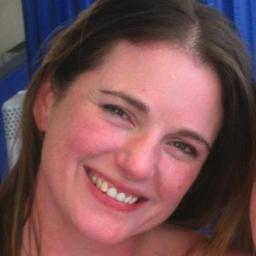Just a quick post here to say that Dr. Jenna Lang, formally of the Eisen lab at UC Davis, will be on Science Friday tomorrow, 12/8/17 talking about our work examining the microbiome of the International Space Station. She expects to be on at around 12:40pm PST. The publication is here, and we’ve compiled …
We’ve posted previously about the results of the microbial playoffs in space (microbenet post here, and project website here). And while it’s fun to compare the growth of a microbe representing the Raiders to one representing the 49ers (Raiders won that one)… there’s a more serious question being asked here. We wanted to know what …
An important part of science is owning up to mistakes and doing the best to correct them. A couple months ago we got data from the International Space Station where we had grown up bacteria for our “Microbial Playoffs”. After analyzing the the data we blogged about the winners and disbursed the results far and …
Analysis of the growth data from space is ongoing but we have some preliminary results to share: Firstly, 47 of the 48 bacteria grew at least a little bit in space, the only exception was the sample collected from the Philadelphia Phillies dugout. Sorry guys! A number of the bacteria grew quite well in fact, …
After 9 months of technical delays, during which time our collection of frozen built environment microbes went around the earth every 90 minutes, we are finally getting growth data from the International Space Station (ISS)! Astronaut Terry Virts has been taking daily growth readings of our collection of 48 microbes and today (Friday) is …
After 1.5 years of collection events, culturing, identification, and selection of candidates our space microbes experiment finally is in orbit. Our 48 microbes, collected from a variety of built environments on earth, are now whipping around the planet. The rocket took off from Kennedy Space Center at Cape Canaveral at 3:25pm EST yesterday. In a …
From the start, Project MERCCURI has involved classrooms and students in the process of citizen science. Many of our samples were collected by students and the microbes going into space from JPL were voted on by a number of high-school classrooms. Now we have a “Project MERCCURI Educator’s Guide” which contains a detailed overview of …
Today our Project MERCCURI team gave a presentation at the National Science Teacher Association (NSTA) meeting in San Antonio. We talked mostly about the project, but also about ways that teachers could incorporate microbiology of the built environment in their classrooms. There’s a lot of interest in taking the kinds of work being done in …
